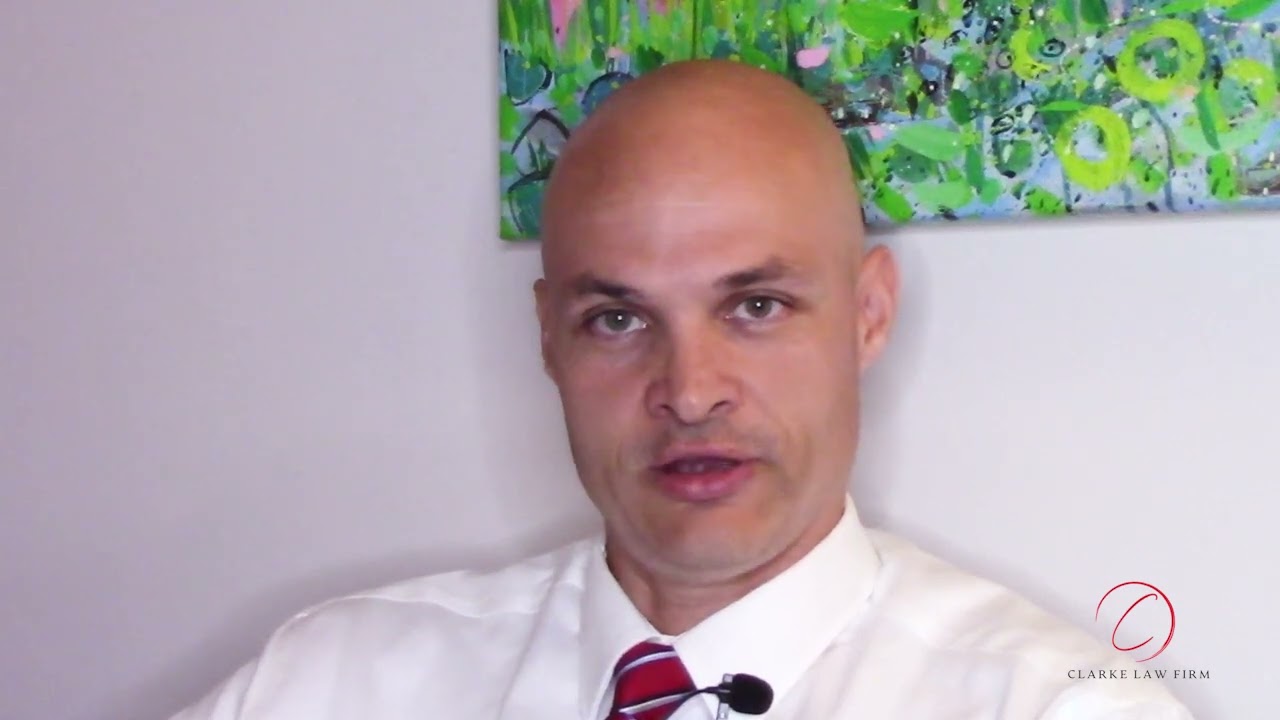Generally speaking, probable cause means that a reasonable person would believe that a crime has taken place. Probable cause is a requirement found in the Fourth Amendment and must be met before police can make an arrest or conduct a search or receive a warrant.

For example, recently in the University of Idaho murder case, the probable cause affidavit outlined what law enforcement used to arrest Bryan Kohberger. It described the evidence gathered including DNA, cell phone usage, and camera sightings of Kohberger’s white Honda Elantra. Law enforcement showed a judge that a reasonable person would believe this man committed the 4 murders based on the various evidence and the judge, in turn, issued the arrest warrant.
Using Probable Cause
As a Fourth Amendment protection, the use of Probable Cause is incorporated into Tennessee Law. It serves to protect the public from unlawful or frivolous actions from law enforcement. Law enforcement must be very careful to comply with the probable cause statute if they want to make a search, an arrest, or a conviction.
For example, if a known drug dealer is simply walking down the street in the afternoon, there is no probable cause for any illegal activity. However if that known drug dealer is observed to be selling drugs, there may be probable cause to arrest or maybe at least search the suspect.
When Probable Cause May Be Applied
The factors involved in the application of probable cause vary depending on a given situation. Probable cause usage has to vary because the term itself does not specifically state what actions or activities would qualify as probable cause. The vagueness exists because crime and those with criminal intent do not announce their intentions or communicate the time and place of a planned crime. Law enforcement must make a judgement that probable cause exists and then govern their actions accordingly.
Since the Fourth Amendment of the United States Constitution and Tennessee law requires probable cause to exist of a potential crime, law enforcement officials must identify probable cause before they can investigate or arrest a suspect. Generally speaking, the probable cause would be the total amount of information or evidence of a crime available to law enforcement officials that confirms the possibility of a crime.
For example, a detective cannot investigate or arrest a suspect for stealing cars on the basis of “they look guilty.” A good investigating officer would have to see or know something that would cause a reasonable person to suspect the individual was the likely thief. For this example, police could share how the suspect was known to be in the area at the time the car was stolen, the suspect has a criminal record for auto theft, and that he was seen driving a car the next day that appeared to be the same as the stolen car.
Contact Murfreesboro Criminal Defense Lawyer David Clarke
If you have been arrested, you need a good criminal defense attorney. David Clarke has been defending his clients with compassion and care. He understands the use of probable cause and how the misuse of it can be used for your defense. Please contact The Clarke Law Firm today at(615) 796-6299.

